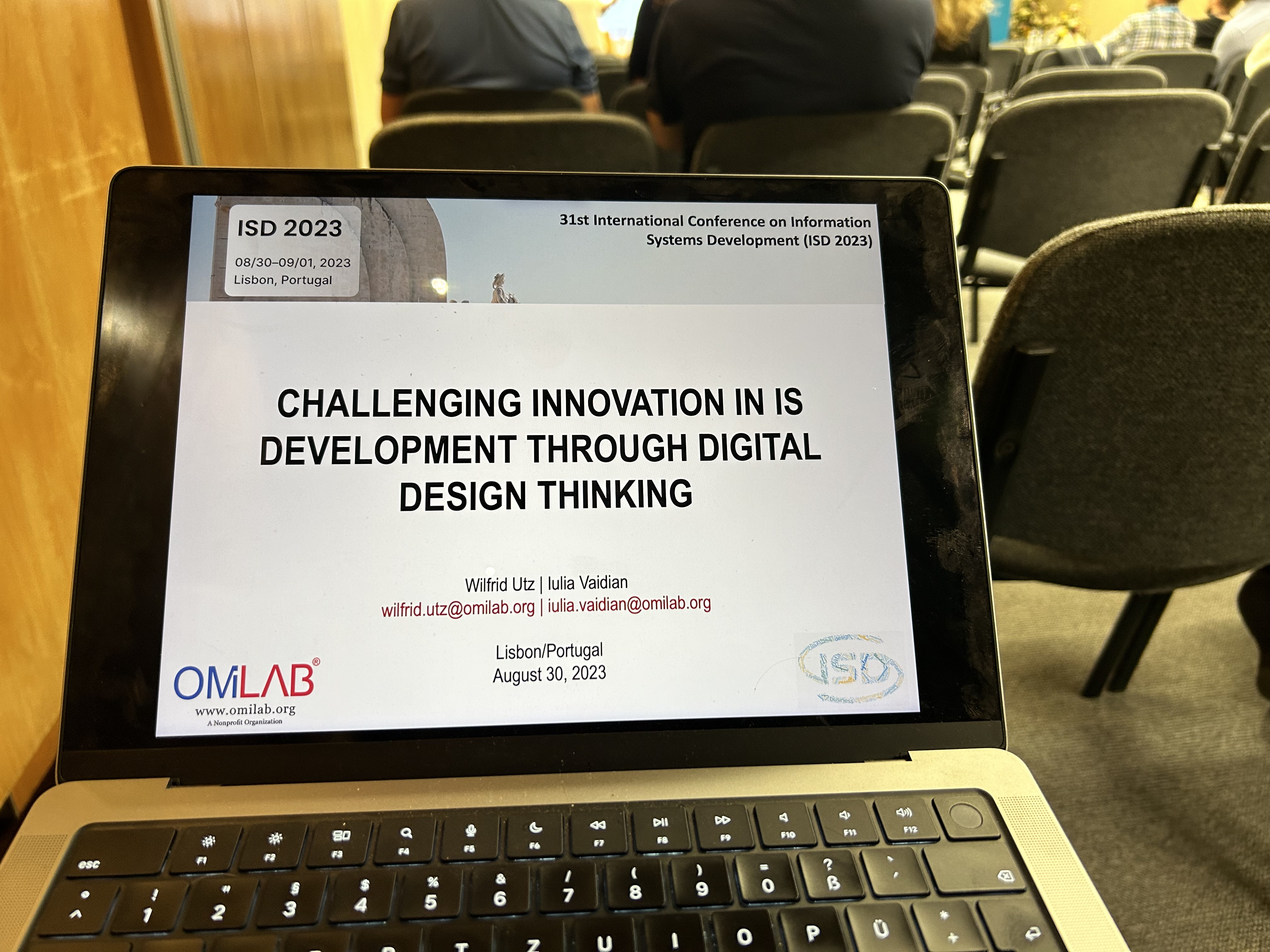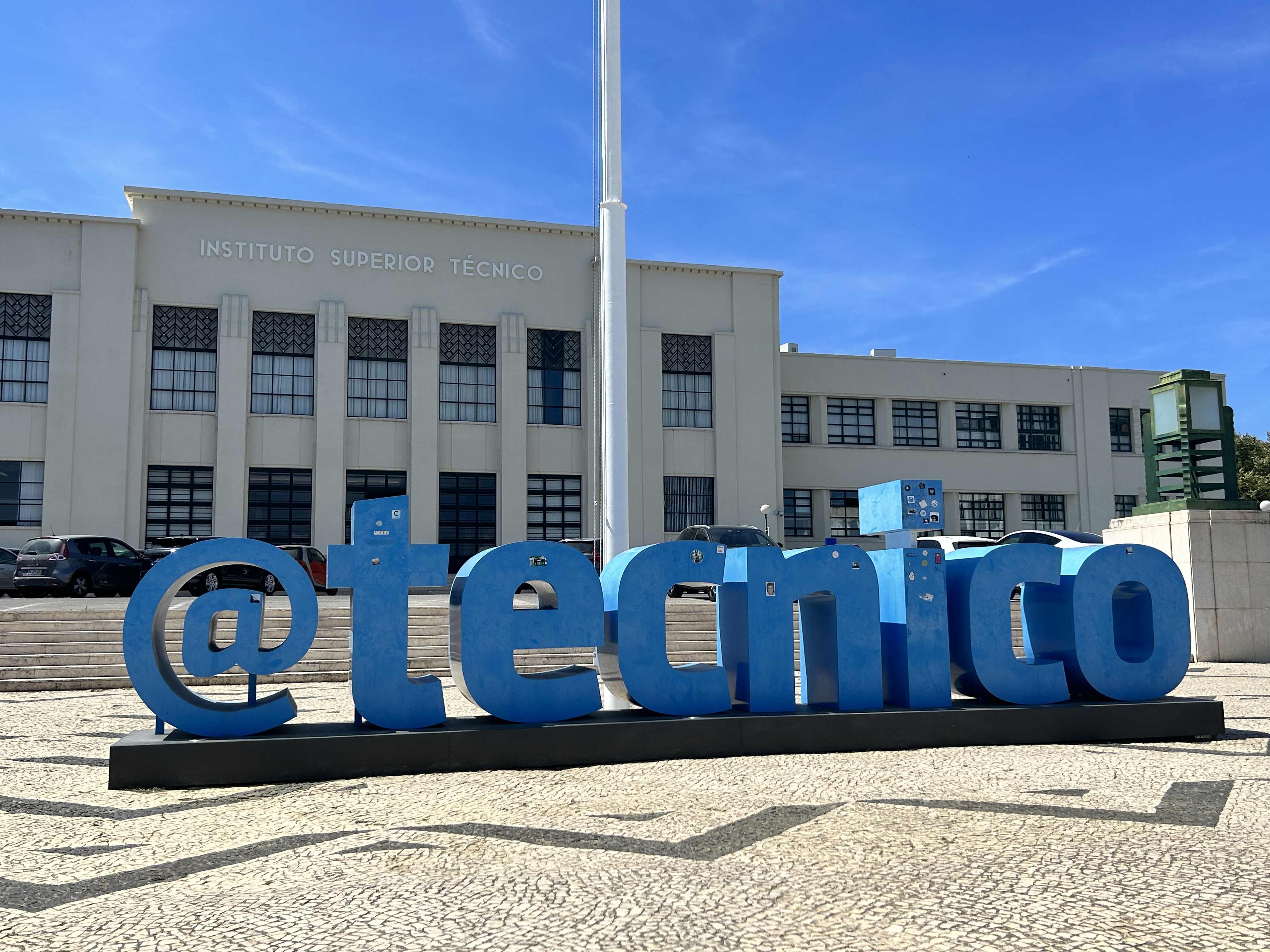Keynote
ISD2023 Keynote: Challenging Innovation in IS Development through Digital Design Thinking
Organizer:
Instituto Superior Técnico, Portugal
Date/Time: August 30, 2023
Location: Alameda campus of Instituto Superior Técnico, Portugal
The societal trends show that working in globally distributed networks is omnipresent. Hence, the physical collaborative environment must be transformed into a digital co-creation space that is location and time-independent. Thus, a software-supported digital design thinking environment, that facilitates the transfer of ideas from the physical world to the virtual world, by creating digital conceptual models is required. The Scene2Model software tool enables creative collaboration in the digital age. The keynote will highlight the value of transforming design artefacts into digital models and their role in driving innovation in information systems development. These models play an essential role in connecting the innovation to its enterprise context and work environment as they capture relationships between different facets of the targeted problem. The interplay of Conceptual Modelling and Design Thinking fosters this relation and establishes a connection between unrestrained design artefacts and more formal abstractions (e.g., business process models).
Conceptual models can be co-created, assessed, and shared with stakeholders and IS developers to embed the collective intelligence of the community in iterative cycles and to improve the design artefacts. Machine-readable semantics are needed to enable model-value functionalities such as queries, while at the same time supporting understanding and interpretation through visual means. Two layers of interpretability are enabled – one for users, and the other for machines, as automated mechanisms are enabled in support of design assessments and decision-making.
Speakers
Wilfrid Utz received his PhD from the University of Vienna, Research Group Knowledge Engineering in the field of metamodel design and conceptual structures. He has been involved in international research and innovation projects and gained experience in the field of modeling method conceptualization, meta-model design, and implementation of modeling tools using ADOxx in various application domains. His research and professional interest relate to knowledge representation using metamodeling concepts and platforms.Iulia Vaidian received her master’s degree at the Vienna University of Economics and Business in Supply Chain Management and gained experience in design thinking, business process management, and conceptual modelling concepts and technologies in her responsibilities as part of the Research Group Knowledge Engineering from the University of Vienna and the OMiLAB team. She is responsible for the organization of the NEMO Summer School Series, has been involved in various EU-funded projects, and coordinates the OMiLAB Community of Practice.
Registration
Please register via the organizer.
Digital Design Thinking
To create your own digital design thinking environment you are invited to install Scene2Model on your laptop/PC.
Further Information
Further information on the Scene2Model tool is accesible online at https://www.omilab.org/activities/projects/details/?id=131.



